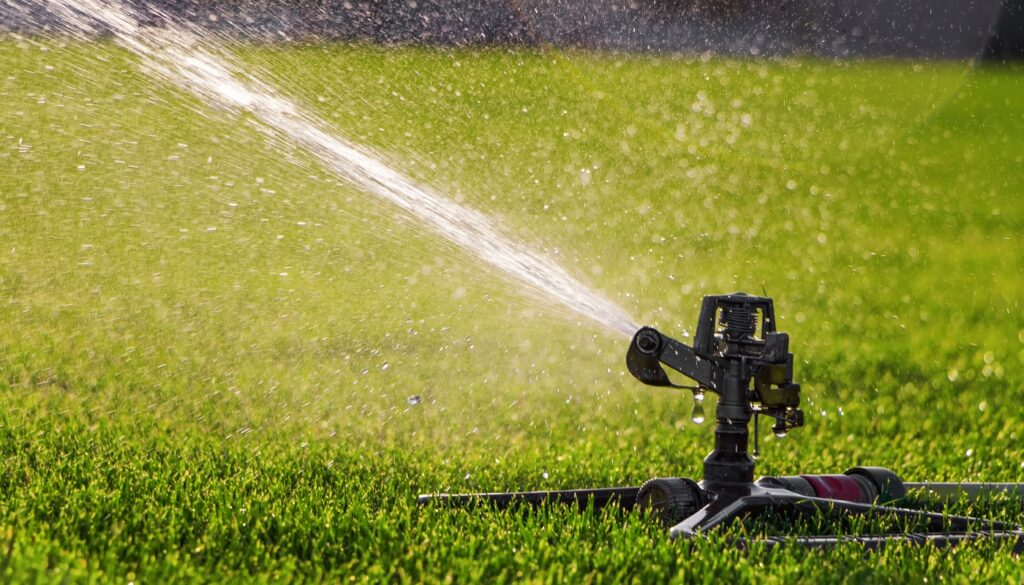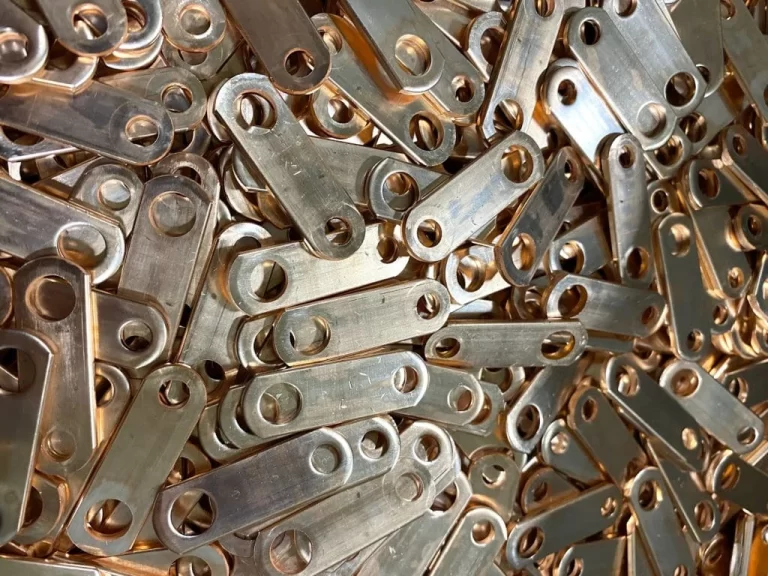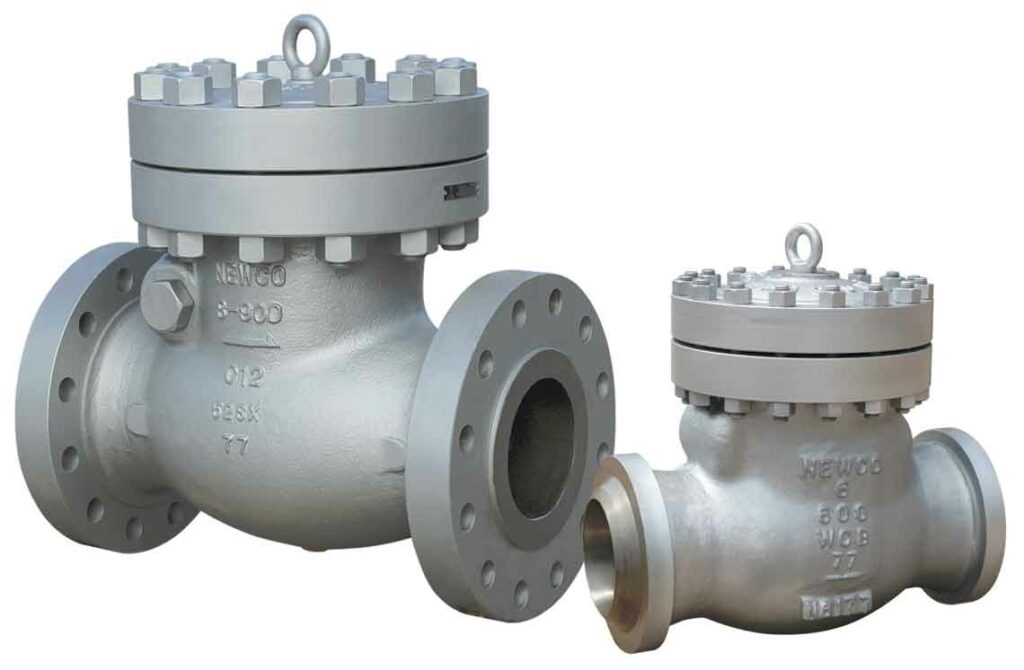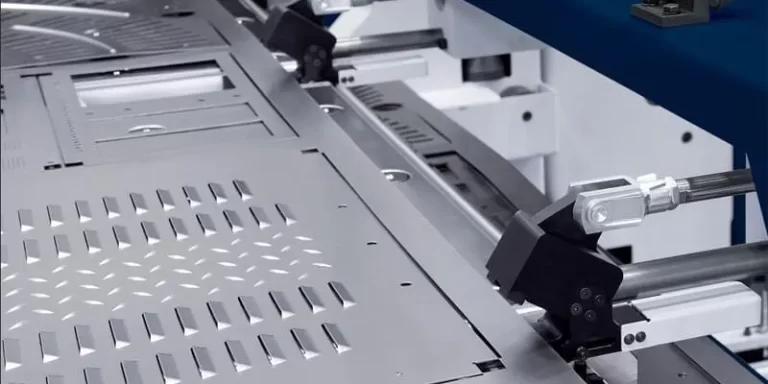Unveiling the Endless Possibilities of Screwdrivers: Your Ultimate Toolkit Companion
Screwdrivers, the unsung heroes of the toolbox, quietly wield immense power across a spectrum of tasks. From mundane household fixes to intricate mechanical feats, their versatility knows no bounds. This article embarks on a journey through the world of screwdrivers, exploring their diverse types, applications, and pivotal role in everyday endeavors and specialized industries. Additionally, we address common queries surrounding screwdrivers, shedding light on their usage, upkeep, and potential alternatives.

What are the different types of screwdrivers and their uses?
Screwdrivers parade in a multitude of designs, each tailored to a specific task. The flathead screwdriver, with its simple, flat blade, excels at turning screws with straight slots. For wrangling Phillips screws, those ubiquitous fixtures of appliances and electronics, the Phillips screwdriver, adorned with a cross-shaped tip, takes the spotlight. Torx screwdrivers, boasting star-shaped tips, find their niche in automotive and technological domains, offering superior grip and precision. Additionally, hex screwdrivers cater to hexagonal screws, while specialty screwdrivers address unique screw head configurations.
How do you choose the right screwdriver for a job?
Choosing the appropriate screwdriver entails a delicate dance of precision, matching the tool to the screw head’s type and size. Employing the wrong screwdriver risks damaging either the screw head or the tool itself. Hence, maintaining a diverse collection of screwdrivers, spanning various sizes and types, is crucial for navigating the array of screws encountered in different projects. For tasks involving delicate electronics or intricate craftsmanship, precision screwdriver sets with interchangeable heads prove invaluable.
What maintenance is required for screwdrivers?
Proper maintenance is essential to ensure screwdrivers remain effective and reliable. Keeping screwdriver tips clean and free from debris prevents slippage and protects screws from damage. Regularly inspecting screwdriver handles for cracks or signs of wear is vital for safety. Additionally, lubricating metal screwdriver shafts with a light oil prevents rust and ensures smooth operation. Storing screwdrivers in a dry, organized manner extends their lifespan and facilitates easy access during projects.
Are there alternatives to traditional screwdrivers?
While screwdrivers are the staple tool for driving screws, alternative options exist for specific applications. Power screwdrivers, both corded and cordless, offer increased speed and efficiency, making them ideal for large-scale projects or repetitive tasks. Impact drivers provide additional torque for driving screws into tough materials such as hardwood or metal. However, for delicate tasks or situations where precision is paramount, manual screwdrivers remain the preferred choice.
Screwdrivers stand as indispensable tools in various industries and household tasks, offering versatility and reliability. Whether assembling furniture, repairing electronics, or constructing structures, having the right screwdriver for the job is essential. By understanding the different types, choosing the appropriate tool, and maintaining them properly, screwdrivers continue to serve as reliable companions in countless projects.


